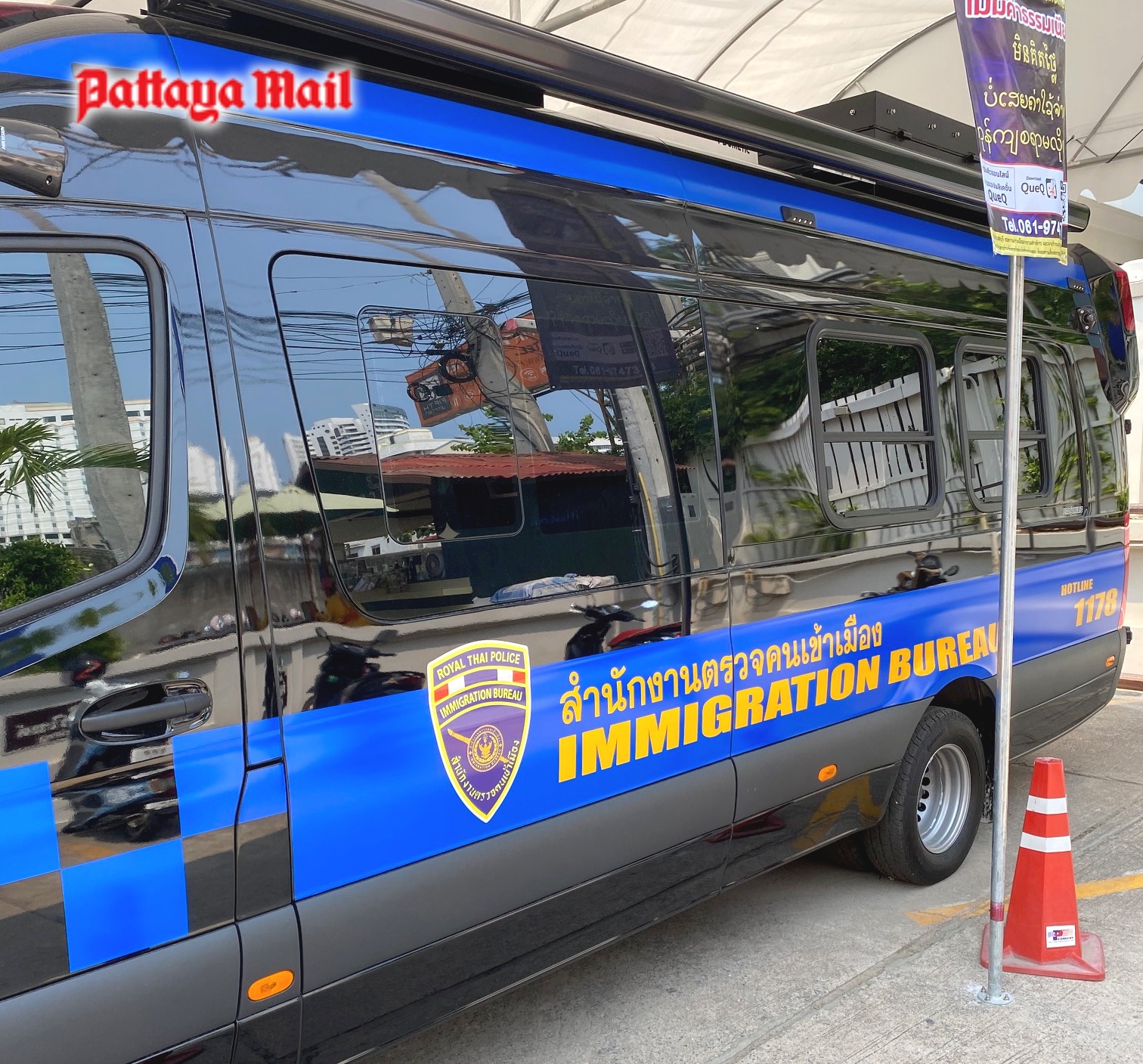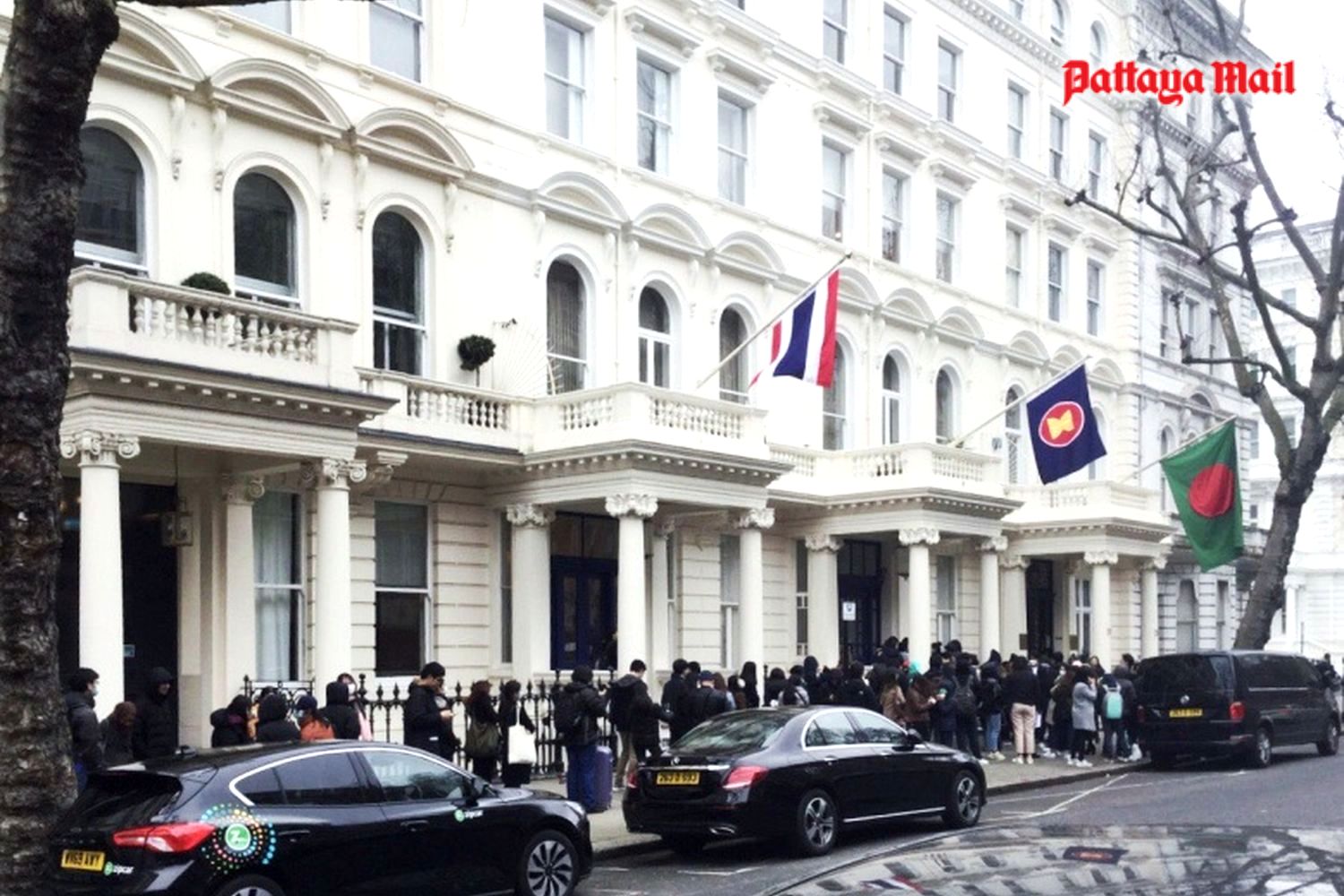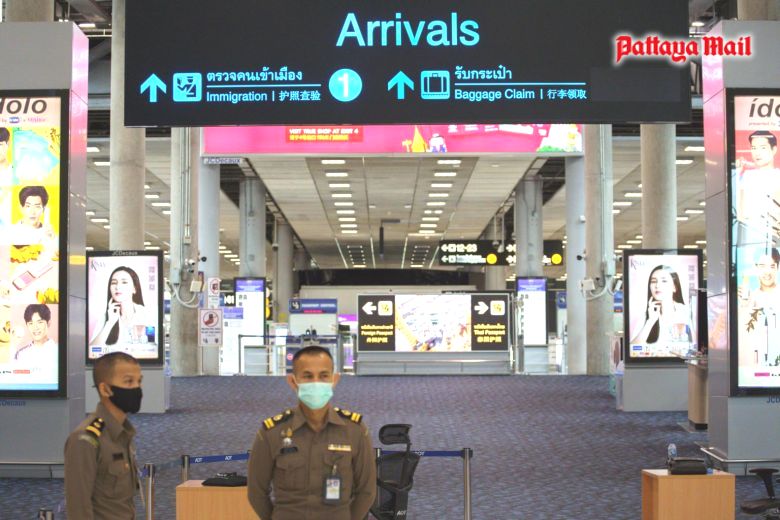
Here’s a summary of some of the most frequent topics currently being raised with Thai immigration authorities and Thai embassies overseas. For more detailed responses and any policy changes, you should visit an immigration office in Thailand or refer to the Thai embassy website in your country.
Can I leave Thailand and return using my re-entry permit?
The only way you can return to Thailand is by obtaining from the Thai embassy in your country of intended departure a certificate of entry. While the documentary requirements vary according to the visa in question, they always include Covid insurance worth US$100,000, proof of registration with a quarantine hotel in Thailand, health checks etc. A re-entry permit on its own will not be sufficient and, for many purposes, is not necessary.
Which visas now require general health insurance?
Thai embassies will want to see, in addition to specific Covid cover, general insurance worth at least 400,000 baht outpatient and 40,000 baht inpatient for the Special Tourist Visa (up to 270 days) and for non-immigrant visas based on retirement, whether type “O”, “O/A” or “X”. Whilst abroad, applicants will be able to use foreign insurance companies but later extensions sought in Thailand at immigration offices will likely require registration with a Thai-based company.

Must I have a return airticket to apply for a certificate of entry?
If you are a citizen one of the 54 “exempt” countries able to apply for a maximum 45 day stay in Thailand without a visa, you must be in possession of an airticket both in and out of Thailand within that time scale. Actually the ticket out of Thailand need not to be to your home country but to any destination outside Thailand. Some, but not all embassies, are also asking for an outward-bound airticket when examining the application for a 60 day tourist visa.
What exactly does quarantine involve once you land in Thailand?
Currently, all visitors must undergo isolation in a hotel for a period of two weeks after which they are free to travel domestically as long as they are virus-free. The registration and payment are on-line prior to receiving the certificate of entry and the quality of the experience will depend on what you are prepared to pay. But leaving your room will not be a regular feature. The most expensive quarantine experience is to be found in five star hotels, golf course residences and even off-shore yachts.
Why do only some expats have to provide general medical insurance when applying for an annual retirement extension at a Thai immigration bureau?
It depends on the category of non-immigrant visa on which your extension is based. If “O/A” (annual) or “X” (10 years), you will need a Thailand-based policy worth at least 400,000 baht inpatient and 40,000 outpatient. If your non-immigrant visa was type “O” no insurance is currently required for an annual extension. However, that remains true only if the “O” retirees remain in Thailand and do not venture abroad.

Is it worthwhile obtaining a Thai Elite visa which allows a five year stay for 600,000 baht?
There are, in fact, many Elite variations but that is the most popular option. Against the Elite is that you must pay 600,000 baht up front and must still do the 90 days immigration check-in and refresh the visa on an annual basis. Also you may find the extras, such as fast airport immigration processing and discounts on purchases, somewhat exaggerated. On the plus side, you do not need re-entry permits, nor prove bank balances once you have joined. Some holders of retirement and marriage extensions of stay say the Elite option is much less hassle with minimum contact with ever-changing immigration rules. There is no requirement to have general medical insurance.
Do you need a Covid test, vaccination or specific insurance to renew or extend a visa in Thailand?
Not currently, although some immigration or employment offices do require virus clearance for work permits or for the newish four year Smart visa for new technology experts and investors. Thailand has only just begun its vaccination program – only around 60,000 inoculated so far – so it would not be feasible to require it at this stage for the hundreds of thousands of foreigners still here. It’s likely that Thailand will be guided, in part, by decisions yet to be made by other tourist-orientated countries.
When will travel and in and out of Thailand return to normal?
Impossible to predict. On the positive side, some kind of vaccine passport may be available this or next year whilst the Thai government is very keen to open up the country as soon as possible. It’s also possible that travel insurance, hidden in the cost of the airticket, may simplify the whole insurance debate, but that’s far from certain. On the negative front, Covid has hugely empowered Thai embassies abroad and they may be reluctant to give up that bureaucratic control over entry of foreigners to the kingdom. Many travel experts prefer the term neo-normal as the days of buying an airticket and hopping on a plane with just your passport are not returning any time soon. If ever.





